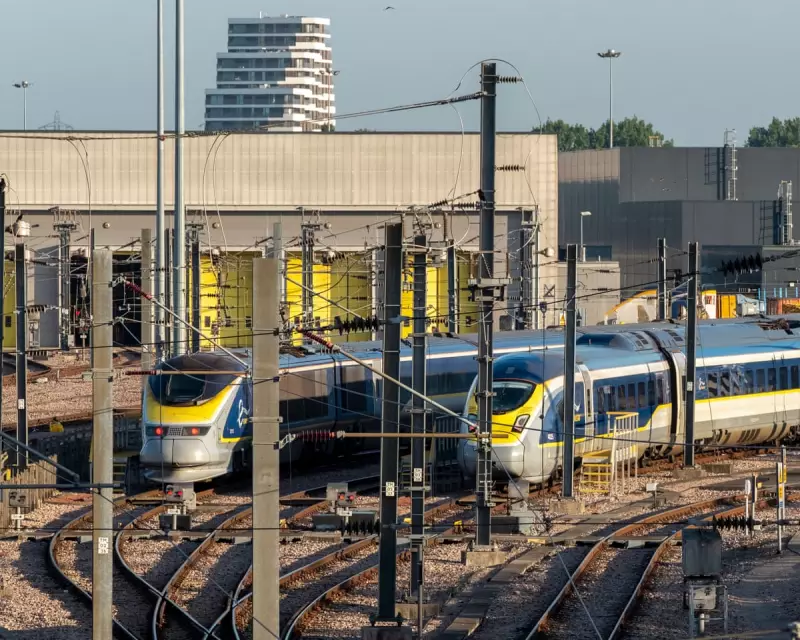
In a bold move that could revolutionise travel between Britain and mainland Europe, Virgin Trains has unveiled plans to challenge Eurostar's three-decade-long monopoly on cross-Channel rail services. The company has secured a strategic foothold in east London with the acquisition of the Temple Mills depot, setting the stage for a dramatic shake-up of international rail travel.
The End of an Era: Eurostar's Solo Reign
For thirty years, Eurostar has enjoyed unchallenged dominance over train services through the Channel Tunnel, operating as the sole provider of direct rail connections between London and European destinations including Paris, Brussels, and Amsterdam. This monopoly has defined cross-Channel travel since services began in 1994, but Virgin's ambitious entry promises to introduce much-needed competition to the market.
Strategic Footprint in the Capital
The Temple Mills depot acquisition represents more than just property – it's a strategic masterstroke. Located in east London, this facility will serve as Virgin's operational nerve centre for their cross-Channel ambitions. The depot provides essential maintenance capabilities and stabling capacity, addressing one of the biggest barriers to entry for potential competitors to Eurostar.
What This Means for Travellers
The emergence of genuine competition in the cross-Channel rail market could deliver significant benefits for passengers:
- More choice in routes and scheduling
- Competitive pricing as operators vie for customers
- Improved service quality through competitive pressure
- Potential new destinations beyond the current Eurostar network
The Road Ahead: Challenges and Opportunities
While Virgin's announcement signals serious intent, significant hurdles remain. The company must navigate complex international rail regulations, secure necessary operating slots through the Channel Tunnel, and assemble a fleet capable of meeting strict safety and technical requirements for the undersea crossing.
Industry analysts suggest that successful market entry could take several years, but the mere prospect of competition has already generated excitement among frequent travellers and transport advocates who have long called for alternatives to Eurostar's premium-priced services.
This development represents the most significant challenge yet to Eurostar's market position and could herald a new era of choice and affordability for cross-Channel rail travel.





